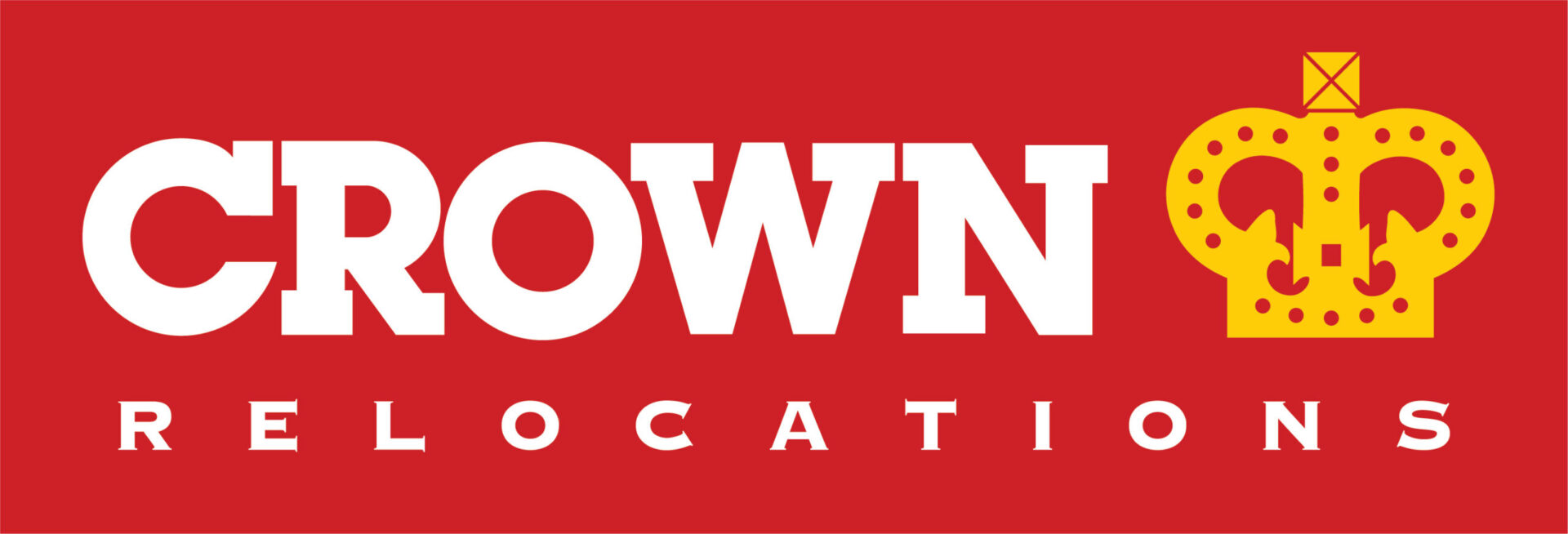
Thinking about taking the plunge and moving overseas? For young professionals, couples and families, the idea of starting a new life in another country is thrilling. But with any adventure comes the need for careful planning and budgeting.
In this blog post, we’ll guide you through the essential cost considerations when planning an international move. From accommodation and career opportunities to daily expenses and moving costs, we’ve got you covered. Read on to discover how to make your overseas adventure a smooth and financially sound experience.
The thrill of moving overseas
Moving to a new country can be one of the most exciting decisions of your life. Whether it’s for career growth, the allure of a different culture, or simply the desire for a fresh start, the reasons are endless. But amidst the excitement, the importance of budgeting cannot be overstated. Proper financial planning ensures that your adventure doesn’t turn into a financial burden.
Accommodation costs
Renting vs. buying
One of the first decisions you’ll need to make is whether to rent or buy accommodation. Renting is often the more flexible and affordable option, especially for young professionals and singles. On the other hand, buying property can be a good investment if you plan to stay long-term. However, consider the initial costs, such as down payments and legal fees.
Location matters
The cost of accommodation can vary significantly depending on the city and neighbourhood you choose. Research the average rental prices in your desired area and consider proximity to work, public transport, and amenities. Websites like Numbeo can provide valuable insights into living costs in different cities.
Hidden costs
Don’t forget the hidden costs associated with accommodation. These can include utility bills, maintenance fees, and security deposits. Ensure you factor these into your budget to avoid any unpleasant surprises.
Career opportunities

Evaluating job markets
One of the main reasons people move abroad is for better career opportunities. Before making the move, research the job market in your chosen destination. Websites like LinkedIn and Glassdoor can help you understand the availability of jobs in your field and the average salaries.
Networking
Networking is crucial when moving to a new country. Attend local industry events, join professional groups on social media, and reach out to contacts who can provide valuable insights and job leads. A strong network can greatly enhance your career prospects.
Work visas and permits
Securing a job in a new country often requires specific work visas and permits. These can come with application fees and associated costs. Ensure you understand the requirements and budget for these expenses.
Daily expenses
Food and groceries
Daily expenses such as food and groceries can vary widely depending on your location. Research local prices and consider shopping at local markets to save money. Additionally, cooking at home can be a cost-effective alternative to dining out frequently.
Transportation
Transportation costs can add up quickly, especially in cities with high public transit fares or if you plan to drive. Research public transport options, consider getting a monthly pass, and explore carpooling or biking as economical alternatives.
Entertainment and leisure
While budgeting is important, don’t forget to enjoy your new surroundings. Allocate a portion of your budget for leisure activities, dining out, and exploring your new city. Balancing financial prudence with enjoying your new life is key to a fulfilling experience.
Moving costs

Hiring a professional removalist
One of the biggest expenses in an international move is the cost of hiring a removalist. While it may be tempting to handle everything yourself, a professional removalist can save you time, reduce stress, and ensure your belongings arrive safely. Get quotes from multiple companies and read reviews to find a reliable service.
Shipping and storage
Shipping your belongings overseas can be expensive, so consider what you truly need to bring with you. Downsizing can save you money. Additionally, some items may be cheaper to purchase upon arrival rather than shipping. Research storage options for items you want to keep but can’t bring immediately.
Insurance
Protecting your belongings during the move is crucial. Look into insurance options that cover damage, loss, and theft. While it may add to your initial costs, the peace of mind it provides is invaluable.
Healthcare and insurance
Health insurance
Healthcare systems vary greatly from country to country. Research the healthcare options available in your new location and ensure you have adequate health insurance. Some countries require proof of insurance as part of the visa application process.
Travel insurance
Travel insurance is essential for covering emergencies and unexpected events during your move. It can provide coverage for medical emergencies, trip cancellations, and lost luggage. Make sure you choose a comprehensive policy that suits your needs.
Local healthcare costs
Understand the cost of healthcare services in your new country. Some places have public healthcare systems, while others rely on private providers. Knowing the costs upfront can help you avoid financial surprises.
Financial planning

Currency exchange
Moving to a new country means dealing with a different currency. Keep an eye on exchange rates and consider opening a local bank account to avoid high conversion fees. Some banks offer accounts specifically designed for expatriates, which can simplify financial management.
Taxes
Understanding the tax system in your new country is crucial for financial planning. Research the local tax laws, including income tax rates and any tax treaties that may apply to your situation. Consulting with a tax professional can provide clarity and help you stay compliant.
Savings and investments
Moving abroad doesn’t mean neglecting your financial future. Continue saving and investing wisely. Consider the best options for retirement savings, both in your home country and your new location. Diversifying your investments can provide stability and growth.
Cultural adaptation
Language barriers
Language can be a significant barrier when moving to a new country. Invest in language courses or use language-learning apps to improve your proficiency. Being able to communicate effectively will enhance your experience and make daily life easier.
Cultural differences
Every country has its own customs and cultural norms. Take the time to learn about the culture of your new home. Understanding and respecting these differences will help you integrate smoothly and build positive relationships with locals.
Social integration
Building a social network in a new country can take time, but it’s essential for your well-being. Join local clubs, attend social events, and engage in community activities. Making friends and connections will make your new environment feel like home.
Education and training
Continuing education
If you’re planning to further your education or gain new skills, research the educational opportunities available in your new country. Many countries offer courses and programs for expatriates. Investing in education can open doors to new career opportunities.
Professional development
Stay up to date with industry trends and advancements by attending workshops, seminars, and conferences. Continuing your professional development will enhance your career prospects and keep you competitive in the job market.
Language courses
Taking language courses not only improves your communication skills but also demonstrates your commitment to integrating into the local culture. Many countries offer language classes for expatriates, making it easy to learn and practice.
Legal and administrative matters
Visa and residency
Navigating the visa and residency process can be complex. Research the specific requirements for your chosen country and ensure you have all necessary documents in order. Consulting with an immigration lawyer can provide valuable guidance.
Legal documentation
Ensure you have all your important documents, such as birth certificates, marriage certificates, and academic records, translated and notarized if necessary. Having these documents readily available will simplify administrative processes.
Banking and utilities
Setting up banking and utility services in a new country can be challenging. Research the best banks for expatriates and understand the process for opening an account. Additionally, familiarise yourself with the local utility providers and their billing systems.
How Crown Relocations can help
Stress-free moving
At Crown Relocations, we understand that moving internationally can be daunting. Our experienced team is here to handle every aspect of your move, from packing and shipping to customs clearance and delivery. We ensure your belongings arrive safely and on time.
Expert guidance
Our relocation experts provide personalised support throughout your move. We offer valuable insights on accommodation, job markets, daily expenses, and more. With Crown Relocations, you’re never alone in your international adventure.
Community and support
Joining the Crown Relocations community means becoming part of a global network of expatriates. We offer resources, events, and support to help you adapt and thrive in your new home. Your successful transition is our top priority.
Moving overseas is an exciting adventure filled with new opportunities and experiences. By carefully considering the costs involved and planning your budget, you can ensure a smooth transition. From accommodation and career opportunities to daily expenses and moving costs, every aspect of your move requires thoughtful consideration.
At Crown Relocations, we’re here to make your international move stress-free and seamless. Our expert team is dedicated to helping you every step of the way. Ready to start your adventure? Reach out to Crown Relocations today and discover how we can assist you in making your dream of moving overseas a reality.













